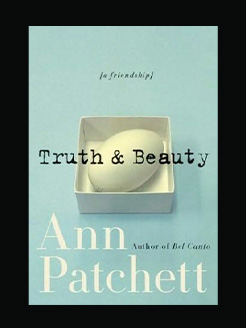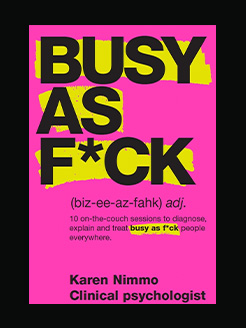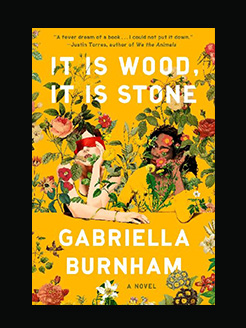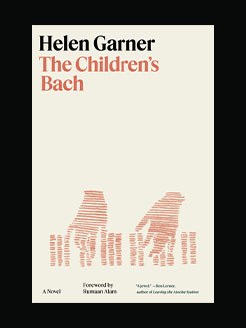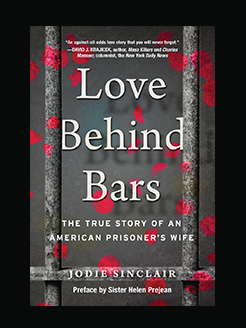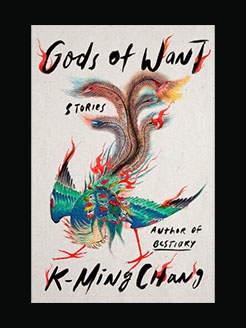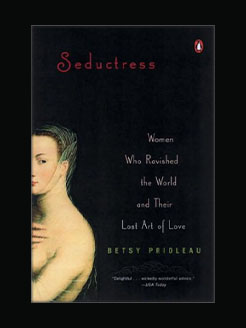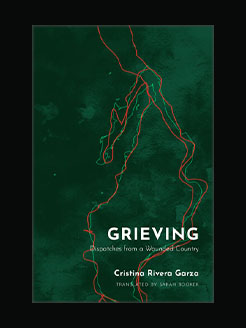Published in 2017
104 pages
Sarah Manguso (b. 1974) is an American writer and poet. In 2007, she was awarded the Joseph Brodsky Rome Prize Fellowship in literature by the American Academy of Arts and Letters. Her memoir The Two Kinds of Decay (2008), was reviewed by the New York Times Sunday Book Review and named a 2008 “Best Nonfiction Book of the Year” by the San Francisco Chronicle.
Her poems and prose have appeared in The American Poetry Review, The Believer, Boston Review, The London Review of Books, McSweeney’s, The New Republic, and The Paris Review, and twice in the Best American Poetry series. She was the Hodder Fellow in Poetry at Princeton in 2003–2004, and has been awarded fellowships at the Bread Loaf Writer’s Conference, Yaddo, and MacDowell Colony, and a Pushcart Prize.
She received her B.A. from Harvard University and her M.F.A. from the Iowa Writer’s Workshop. She has taught creative writing at the Pratt Institute and in the graduate program at the New School, and currently teaches in the graduate program at Columbia University. She lives in Brooklyn.
What is this book about?
A brilliant and exhilarating sequence of aphorisms from one of our greatest essayists
There will come a time when people decide you’ve had enough of your grief, and they’ll try to take it away from you.
Bad art is from no one to no one.
Am I happy? Damned if I know, but give me a few minutes and I’ll tell you whether you are.
Thank heaven I don’t have my friends’ problems. But sometimes I notice an expression on one of their faces that I recognize as secret gratitude.
I read sad stories to inoculate myself against grief. I watch action movies to identify with the quick-witted heroes. Both the same fantasy: I’ll escape the worst of it.
—from 300 Arguments
A “Proustian minimalist on the order of Lydia Davis” (Kirkus Reviews), Sarah Manguso is one of the finest literary artists at work today. To read her work is to witness acrobatic acts of compression in the service of extraordinary psychological and spiritual insight.
300 Arguments, a foray into the frontier of contemporary nonfiction writing, is at first glance a group of unrelated aphorisms. But, as in the work of David Markson, the pieces reveal themselves as a masterful arrangement that steadily gathers power. Manguso’s arguments about desire, ambition, relationships, and failure are pithy, unsentimental, and defiant, and they add up to an unexpected and renegade wisdom literature.
